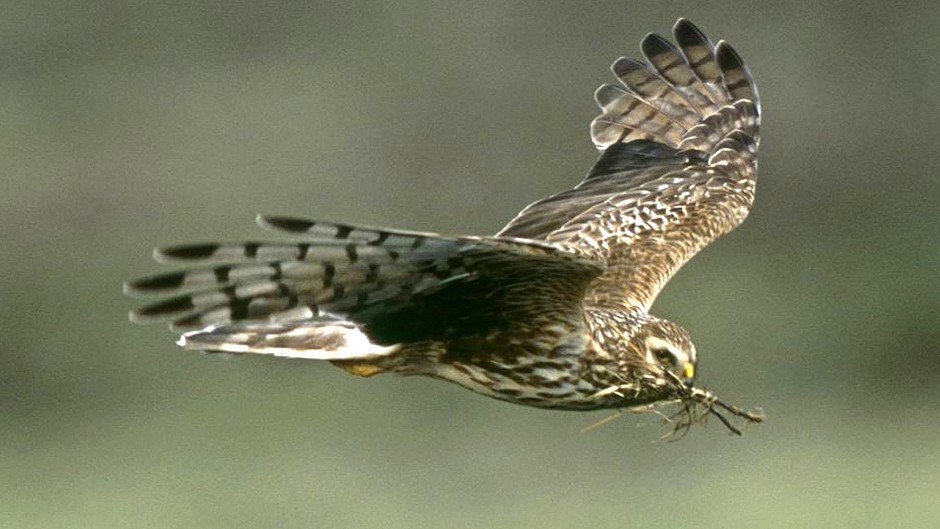A wildlife charity is calling for an urgent meeting with prosecutors after they dropped charges against a former north-east gamekeeper, accused of illegally shooting a bird of prey.
RSPB Scotland said one of its cameras at Cabrach in Moray had recorded evidence, which suggested a hen harrier was illegally killed in June 2013.
The camera was monitoring the active nest of a breeding pair of hen harriers on the Cabrach Estate. But the Crown Office confirmed the evidence would not be admissible in court.
RSPB Scotland argued its video evidence has been used in the successful prosecution of previous wildlife crime cases in Scotland.
Duncan Orr-Ewing, head of species and land management at RSPB Scotland, said: “We are appalled and extremely frustrated that the court has not been given the opportunity to give a judgement based on this clear footage.
“We are perplexed by the inconsistency in approach to these cases that seems to be taken by the Crown Office.”
He added: “We have written to the Lord Advocate and will be seeking urgent meetings with the Crown Office to consider the implications.
“There is little point in passing laws to protect our most threatened species if the public authorities ignore the strong public concern about the scale of wildlife crime in Scotland.”
A Crown Office spokesman replied: “In the whole circumstances, Crown Counsel concluded that the evidence would not be admissible in court. In light of that conclusion it was entirely appropriate that proceedings were brought to an end.
“In accordance with the Crown’s ongoing duty to keep prosecutions under review, and after carrying out a detailed review of all of the relevant material, Crown Counsel considered that the inevitable conclusion was that RSPB investigators entered the land in question and embarked upon evidence-gathering for the purpose of prosecution.
“Discussions have taken place over a number of years between RSPB and COPFS about the admissibility of evidence obtained through the use of covert surveillance.
“The Crown has consistently made it clear strict legal tests must be met before evidence which has been obtained irregularly, such as the evidence in this case, is admissible.
“We will continue to have further dialogue with the RSPB.”
